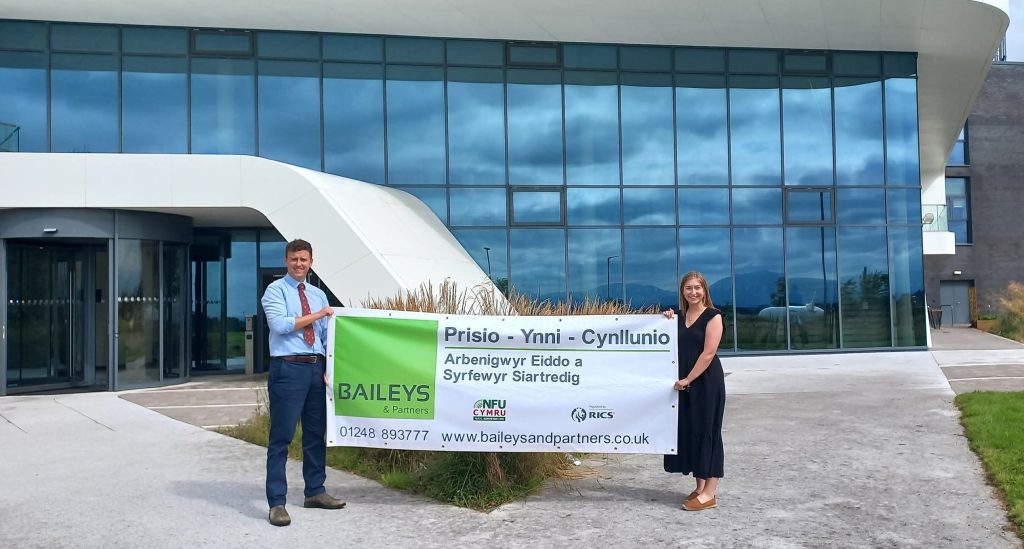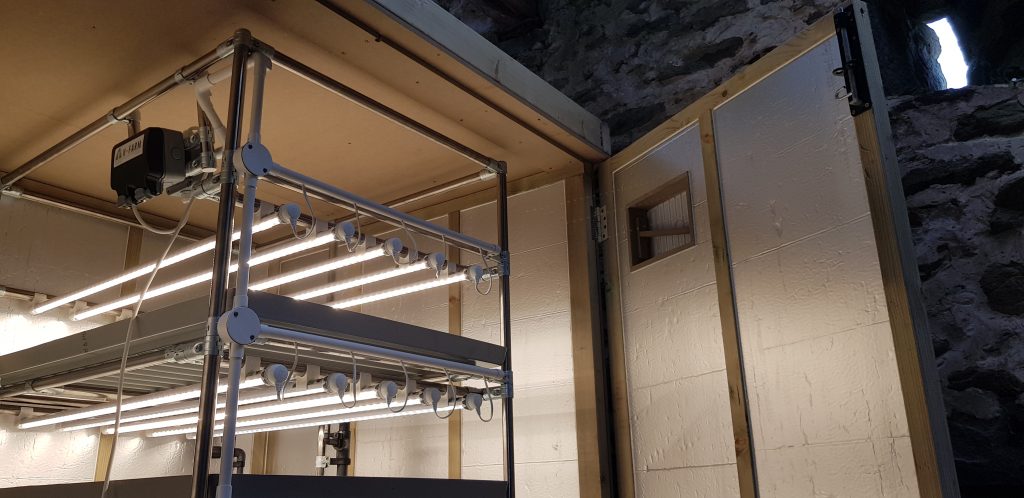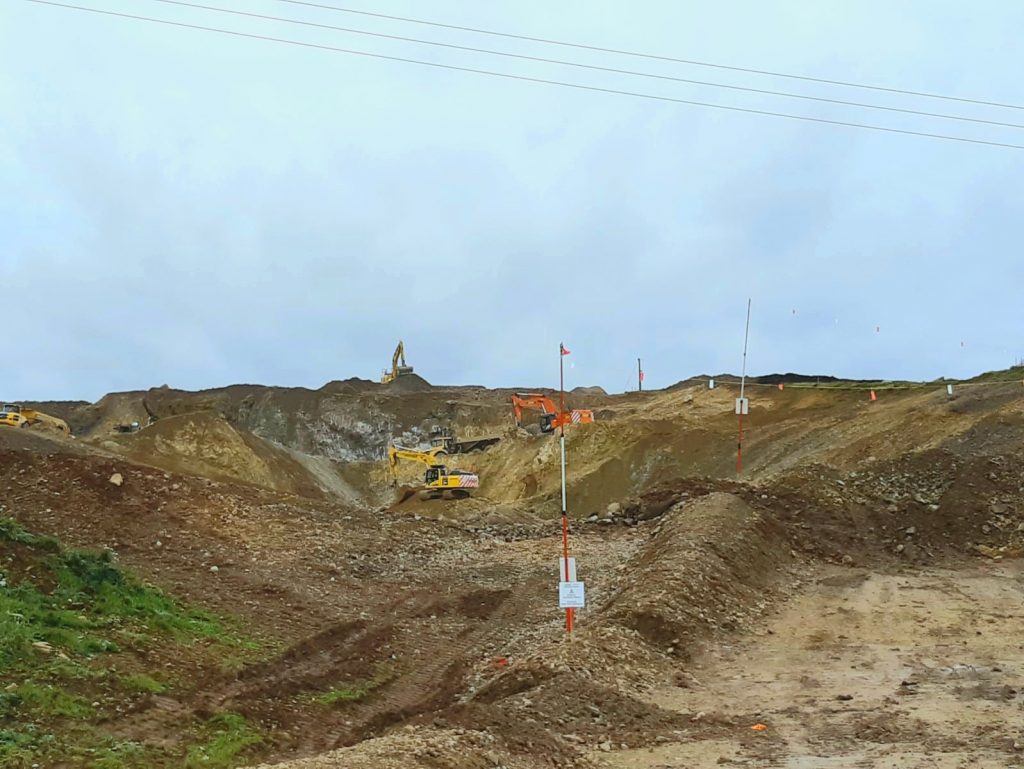Soils are a fascinating habitat which are often misunderstood, and sometimes neglected and mismanaged. The Soil Association have launched a research project which aims to increase knowledge about soil and the data available on soil management and its carbon sequestration ability.
The Soil Associations research project has a catchy headline ‘Carbon Assets for Soil Health’ ‘CASH’ and useful aims.
The aims are:
- A better understanding of the techniques which are increasing soil carbon sequestration
- A clear understanding of the capacity of different soil to sequester carbon in the UK
- An understanding of the opportunities available for farmers from public funding and regulatory standards to maximise carbon sequestration through improved soil management
- The difference between farming systems and practices in their ability to improve soil quality and carbon
There are five main factors which determine the health of soils:
- Soil structure
- Soil chemistry
- Organic matter content
- Soil biology
- Water infiltration, retention and movement through the profile
If any of these are impacted, it is likely to have implications on the health of soil. Good soil health is important because it:
- Improves long term soil productivity which means increased potential to generate income from food crops or other agricultural production such as pharma crops (Pharmaceutical crop production) or energy crops (renewable energy crops such as miscanthus).
- Reduces reliance on inorganic fertilisers and therefore reduces enterprise costs.
- Reduces excessive reliance on field operations with agricultural machinery, again reducing enterprise costs and reducing the risk of compaction.
- Reduces the prospect of soil erosion and run off into river networks therefore improving water quality.
- Improves the prospect of attracting public and private sector funding in the ecosystem services that can flow from it for example:
- Carbon sequestration – Historically, carbon credits have been traded internationally on a large scale for large projects paid for by large multinational organisations. However, as public awareness and action is increasing with regards to climate change (and smaller businesses are recognising the benefits of addressing their environmental impacts), the ‘investor’ market is widening.
- Permissive access – This may involve identifying and attending to areas of the farm where Public Access is seen to be damaging soils. This could also involve creating new alternative permissive routes that are more resilient to increased accessibility. This service has the capacity of attracting private sector investment, as it can enhance the user experience and safeguard the environment. It also has the capacity of being a catalyst to other eco-tourism spin offs.
Baileys and Partners are part of the Natural Capital Consortium (NCC). NCC’s objectives are to pool existing resource and experience in order to bring to the market a new range of products and services, to help direct private sector investment towards economic activities that enhance our stock of natural capital assets and reward sustainable consumption and productions activities. If you wish to know more about the natural capital work which Baileys and Partners are involved with or the opportunities that exist in this sector then please call Ed Bailey on 01341 241700 or email: edmund.bailey@baileysandpartners.co.uk







